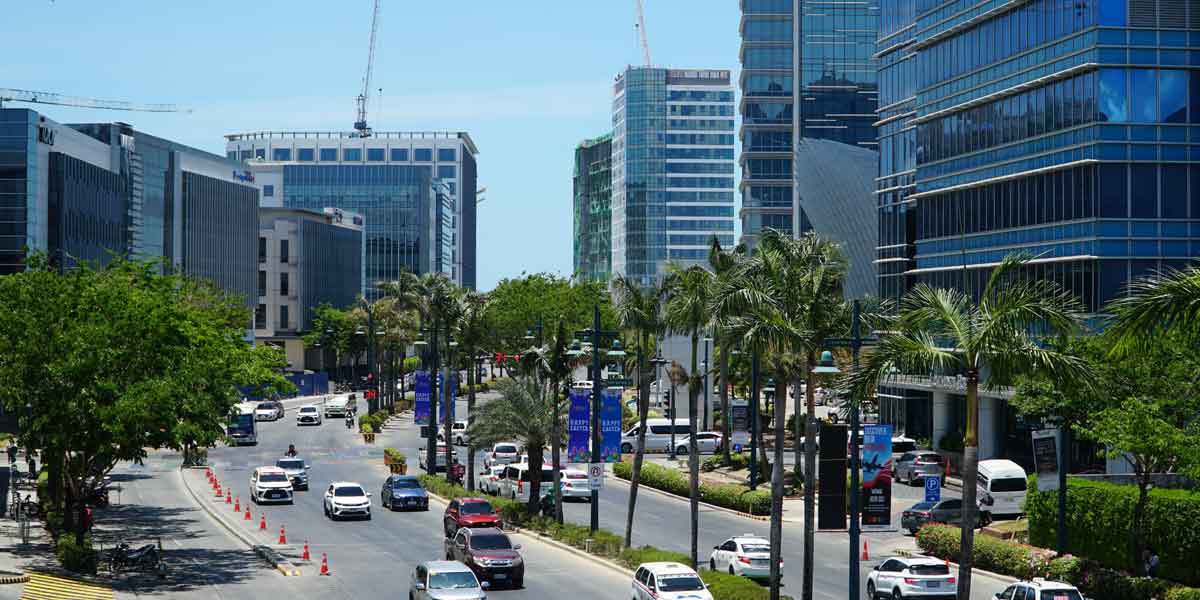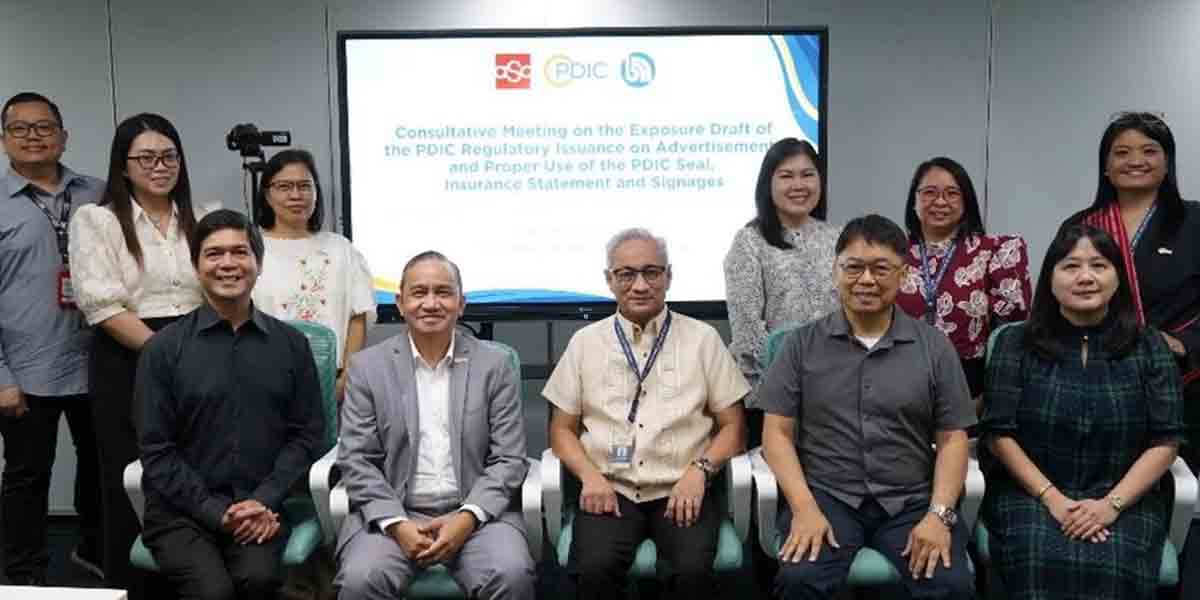The Philippines’ persistent struggle with water, sanitation, and hygiene (WASH) deficiencies continues to compromise public health and equity, particularly for vulnerable populations.
A glaring case was the 2022 spike in acute gastroenteritis (AGE) and cholera infections in Iloilo City, exposing the catastrophic consequences of neglecting fundamental public services.
Despite economic progress, basic WASH infrastructure remains inconsistent. Reports from the Philippine Institute for Development Studies and UNICEF emphasize the stark disparities between urban and rural areas, where access to clean water and sanitation is a privilege rather than a right.
These gaps disproportionately affect children under five, whose lives and development are jeopardized by preventable diseases like diarrhea.
In Iloilo City, substandard water quality and inadequate waste management systems played a pivotal role in the outbreak. The city’s experience offers a sobering example of what unchecked WASH failures can lead to—hospital overcrowding, economic losses, and avoidable deaths.
Governance issues compound the problem. Fragmented responsibilities across multiple agencies, overlapping mandates, and underfunded local governments prevent cohesive action. The Mandanas ruling, while increasing funding for local governments, has failed to bridge the substantial financial and technical gaps required for universal WASH access.
The lack of effective wastewater management and septage systems further exacerbates risks. Less than 10% of Filipinos are connected to sewerage systems, and untreated wastewater continues to pollute waterways, creating breeding grounds for waterborne diseases.
The Iloilo City crisis also highlighted the vulnerability of healthcare facilities. Poor sanitation in these settings discourages proper medical care, increasing risks for maternal and child health.
The road to universal WASH access requires bold, targeted strategies:
- Streamlined Governance: National and local agencies must coordinate effectively, eliminating redundancies and focusing on clear, measurable goals. The establishment of the Water Resources Management Office is a good start but must deliver concrete results.
- Investment in Infrastructure: Expanding safe water sources and sanitation facilities, especially in underserved rural areas, is critical. Public-private partnerships can mobilize both expertise and resources to scale infrastructure projects.
- Community-Driven Initiatives: Programs like Community-Led Total Sanitation (CLTS) have proven successful in reducing open defecation and fostering local ownership of WASH solutions.
- Educational Campaigns: Awareness campaigns and school programs should emphasize the critical importance of hygiene and menstrual health management. Iloilo City’s schools, for instance, could integrate group handwashing activities into daily routines to reduce infection rates.
- Accountability in Resource Management: Transparent monitoring and evaluation systems are necessary to ensure that funds, especially those under the Mandanas ruling, are used effectively for WASH development.
The recent outbreaks serve as an undeniable wake-up call for both local and national governments, underscoring the critical need to address long-standing deficiencies in WASH services. These health crises must not be relegated to history as mere episodes of mismanagement but should instead inspire concerted efforts toward sustainable and inclusive solutions.
Achieving universal WASH coverage in the Philippines transcends infrastructure upgrades. It is fundamentally about safeguarding public health and fostering equity. It reflects a commitment to ensuring no child succumbs to preventable diseases and no community is left vulnerable due to systemic neglect.
These failures must become lessons that shape decisive policies and effective practices. Preventing the next health emergency hinges on prioritizing WASH investments today—not tomorrow.

























